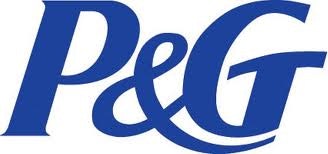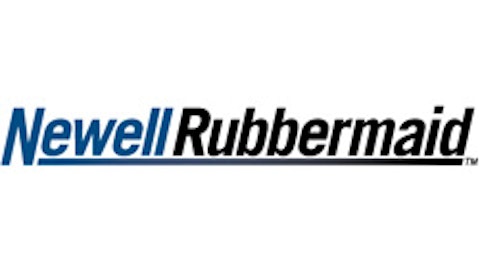While most investors rely on their 401(k) to save for retirement, the Roth IRA represents a great tool for retirement investing as well. And yet the Roth IRA is woefully ignored by many. The Roth IRA is a great tool for retirement planning, and every year an individual goes without contributing to one is a lost year.
Here’s what you stand to gain from a Roth IRA, along with a few stocks that are ideal for the Roth.
Reap the Roth’s rewards
The beauty of a Roth IRA is simple: the opportunity to reap decades of completely tax-free returns. Provided you follow the Roth’s rules, all dividends and capital gains are tax-free. Plus, whereas the traditional IRA requires participants to take required minimum distributions upon reaching age 70 and a half, there are no required withdrawals with a Roth.
Of course, nothing is perfect. The downside of a Roth is that you can’t deduct your annual contributions from your income taxes, as you can with a traditional IRA.
However, the long-term rewards handily outweigh the short-term costs. Historically, the stock market’s long-term average return stands around 10%. Imagine the benefits of decades’ worth of tax-free capital gains and reinvested dividends that a Roth IRA can provide.

On the subject of dividends, it’s been well-stated that those quarterly payouts really add up over long periods of time. According to Standard & Poor’s, from December 1926 to December 2012, dividends accounted for 34% of the market’s total return.
Reinvesting dividends, whereby you use each distribution to buy more shares of a stock, makes the results even more impressive. That’s because reinvesting dividends allows compounding interest to work its magic.
Without dividends, the S&P 500 (INDEXSP:.INX) price return index, with a value of one point on Jan. 1, 1930, would have grown to 66.48 by the end of 2012. During the same time period, a total-return index with dividends reinvested would have finished at a value of 1,832.45. In short, the Standard & Poor’s report shows that during that time frame, an investor who reinvested dividends would have reaped nearly 30 times the gains of one who did not.
Investing ideas for the Roth IRA
Of course, no discussion of the tantalizing benefits of the Roth IRA would be complete without some investing ideas.
If dividend-paying stocks are in focus, then there’s no denying the merits of dividend stalwarts like The Procter & Gamble Company (NYSE:PG) and McDonald’s Corporation (NYSE:MCD). These two blue-chip stocks are both Dow Jones Industrial Average (INDEXDJX:.DJI) components and represent the best of what dividend stocks can offer.
Earlier this year, The Procter & Gamble Company (NYSE:PG) increased its dividend by 7%. 2013 marks the 123rd year in a row of consecutive dividend payments since the company’s incorporation in 1890. Furthermore, The Procter & Gamble Company (NYSE:PG) has increased its dividend for 57 years in a row and now yields 3%.
Meanwhile, McDonald’s Corporation (NYSE:MCD) has increased its dividend every year since its very first dividend payment in 1976. At recent prices, McDonald’s yields 3.3% and has delivered five years in a row of strong double-digit percentage increases to its distribution.
If picking individual stocks isn’t your preferred method of investing, there are many excellent dividend-focused funds to choose from. In particular, the Vanguard Dividend Appreciation ETF (NYSEARCA:VIG) is a low-cost exchange-traded fund that seeks to invest in stocks with a long track record of increasing dividends over time.
The Vanguard Dividend Appreciation ETF counts The Procter & Gamble Company (NYSE:PG) and McDonald’s Corporation (NYSE:MCD) among its top-10 holdings, along with several other high-quality blue-chip dividend-raisers.





